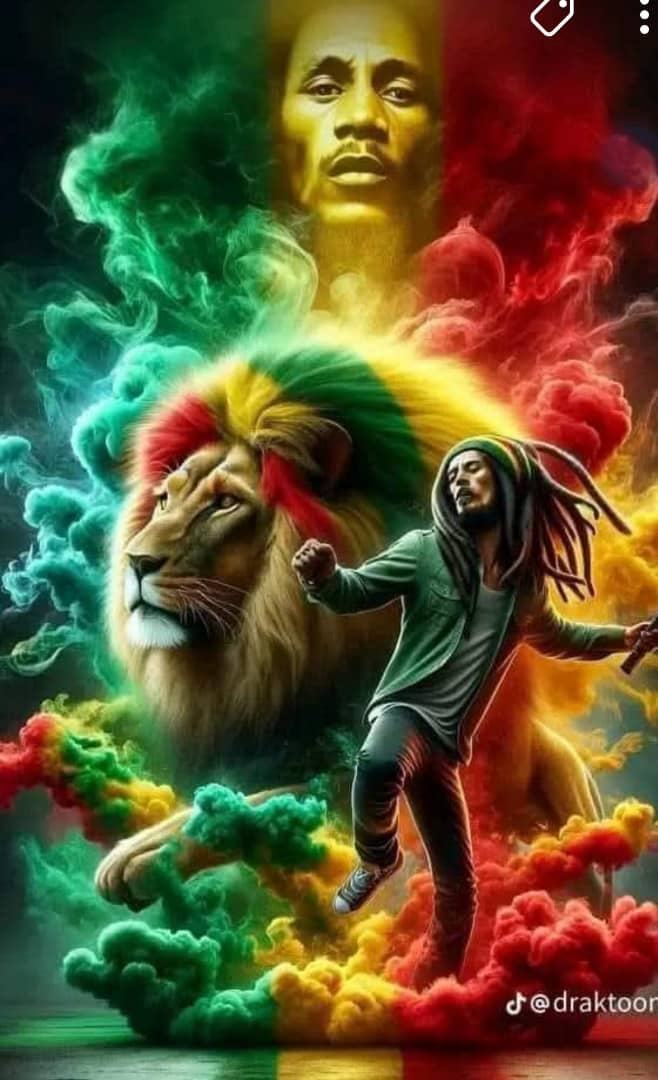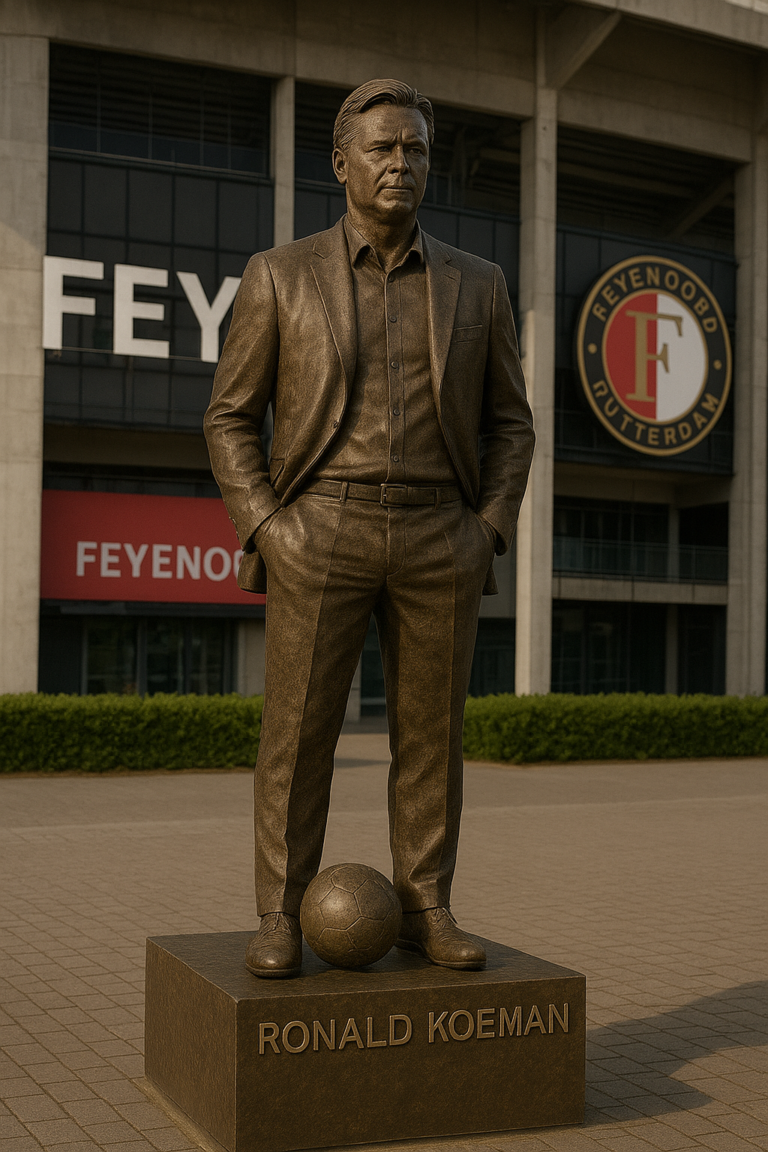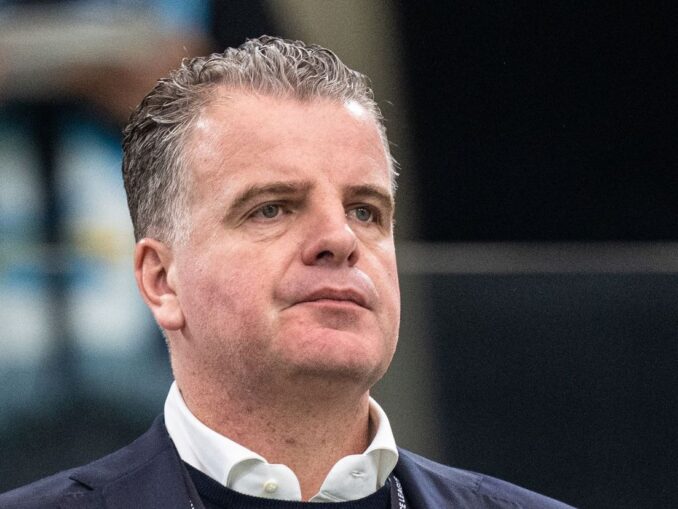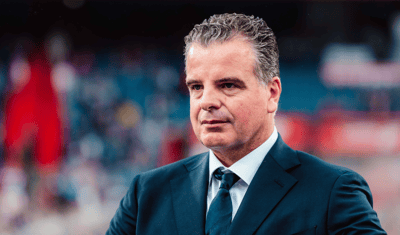
Bob Marley, the legendary Jamaican singer, songwriter, and prophet of reggae music, was far more than a musician—he was a messenger. His lyrics were not just songs; they were visions, reflections, and calls to action. Many say Marley dreamed not just in his sleep, but in his spirit. He saw a world of unity, liberation, peace, and revolution, and he dedicated his short life to pouring that dream into the veins of the people through his music. To understand Bob Marley’s message is to step into a dream—a dream of freedom, of righteousness, and of the spiritual awakening of humanity.
The Roots of a Revolutionary Dream
Born in Nine Mile, Saint Ann Parish, Jamaica, in 1945, Robert Nesta Marley grew up amidst poverty, racial tension, and political unrest. Yet from his earliest days, Marley was not content to simply survive—he was called to awaken others. Drawing from Rastafarian faith, which spoke of redemption, African pride, and resistance to Babylon (a metaphor for Western oppression), Marley found a worldview that matched his instinctive yearning for justice.
He dreamed of Africa not as a distant land, but as a spiritual homeland—a place from which black people had been stolen, and to which their souls were forever tied. He dreamed of a world where people were not judged by skin or status, but by the contents of their spirit. And above all, he dreamed of One Love—a global unity that could dissolve war, hate, and ignorance.
Music as the Messenger
Marley understood that words alone could not shake the system—but music could. His dream was encoded in rhythms, chants, and haunting melodies that made people dance and think at the same time. Music became his weapon, and his lyrics were the bullets that pierced the conscience of the world.
When he sang:
> “Get up, stand up / Stand up for your rights,”
he wasn’t just performing—he was rallying a movement. In a world where the oppressed often felt voiceless, Marley gave them a voice that echoed from the ghettos of Kingston to the streets of London, the fields of Zimbabwe, and the halls of the United Nations.
His dream reached its heights with songs like Redemption Song, written as he battled cancer. Knowing his time might be short, he stripped away the reggae beat and offered a raw, acoustic call for freedom:
> “Emancipate yourselves from mental slavery / None but ourselves can free our minds.”
These were not just lyrics—they were the distilled wisdom of a man who had seen both pain and promise. He knew that the most dangerous prison was not made of bars, but of beliefs. And in his final days, this is the dream he sought most urgently to pass on.
A Prophet in Babylon
To understand the dream Marley carried, one must see him as a prophet in modern Babylon. The “Babylon System” he often sang about symbolized the global mechanisms of exploitation, greed, colonialism, and spiritual decay. Marley’s dream was resistance—not through violence, but through awakening.
He stood up to political corruption and refused to be used by parties that tried to claim him. In a time when Jamaica was tearing itself apart, Marley brought enemies together on stage, famously uniting rival politicians in a show of peace at the One Love Peace Concert in 1978. He was shot during a politically charged time in 1976, and instead of backing down, he performed days later. When asked why, he simply said:
> “The people who are trying to make this world worse aren’t taking a day off. How can I?”
This was not just a performance—it was prophecy. He dreamed of a world where artists were not entertainers alone, but healers and warriors for truth.
A Dream Larger Than Life
Marley’s dream didn’t end with his death in 1981. If anything, it grew larger. His music continues to inspire revolutions, protests, and healing across the world. Whether in movements against apartheid, the struggle for civil rights, or the fight for indigenous sovereignty, Marley’s voice is still present.
His dream was not one of utopia, but of transformation. He believed that despite the corruption of Babylon, the human spirit could rise. His songs are reminders that we are not helpless—that each of us holds the power to break mental chains, to love one another, and to resist the lies we are told.
Conclusion: Carrying the Dream Forward
Bob Marley did not dream for himself alone—he dreamed for the people. His message was never about him, but about us. About the possibility that music could carry truth across borders, that spirit could rise above systems, and that even in a world full of division, One Love could still be more than a song—it could be a way of life.
As we listen to Marley today, we are not just enjoying classic reggae tunes. We are stepping into the dream of a man who saw the world not just as it was, but as it could be. And now, the dream belongs to us. Will we carry it forward? Will we stand up, get up, and free our minds?
That is the true tribute to Bob Marley: not just remembering the man, but living the message.






